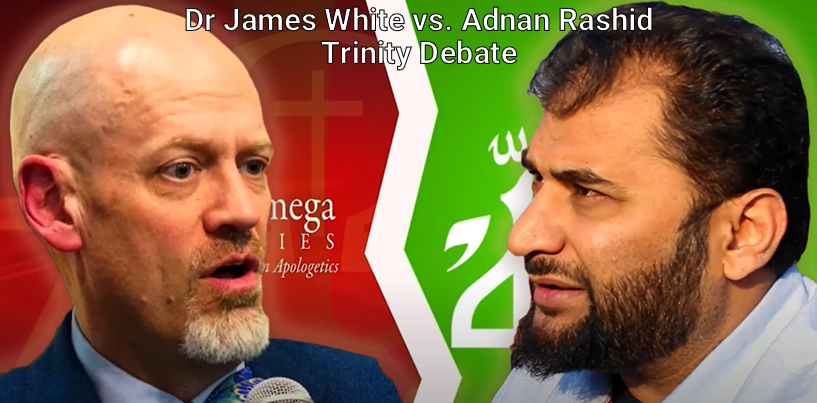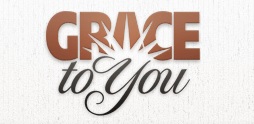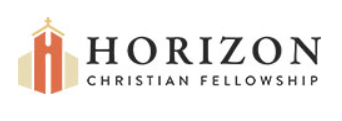Reflections on the Baptist Confession of Faith of 1689
23 Aug 14 began a perhaps unbroken, orderly, and personal journey through my favorite written confession of faith. These are my personal reflections on this beloved historic Particular Baptist confession of the Christian Faith.
NEXT-
Chapter 23. Of Lawful Oaths and Vows. Paragraph 1: “A lawful oath is a part of religious worship, wherein the person swearing in truth, righteousness, and judgement, solemnly calleth God to witness what he sweareth, and to judge him according to the truth or falseness thereof.”
The reason we place hands on Bibles before someone’s sworn in to testify in court is because we recognize a day of court to come with Jesus in which lies are not possible. When we swear as such, if you will, we bring a pen to the angel’s hand to record our sworn testimony on earth. Jesus was almost entirely silent during his faux trial, yet when the oath of swearing from the high priest (Leviticus 5:1) was evoked, his next words (Matthew 26:64) were the required testimony regarding the question asked. This was a lawful oath, and Jesus never once sinned. What we say, to whom we say it, and sometimes even when we say it, matters to God.
I’ve been in the military for over twenty-two years now. Since 1998. As an officer in the United States Army now for over thirteen years, I’ve done my fair share of reenlistment ceremonies for enlisted Soldiers. Some in large groups, and others with just one other person swearing. As the officer administering the oath, along with those we’re swearing the oath with, we raise our right hands and repeat a few solemn words that end it with, “So help me God.” This is not sinful. We are taught to ask the swearers if they’d prefer to “swear” or “affirm” in their recitation due to certain of the principles I’ll discuss briefly here. We see biblical principles in all such things at work in our culture still…no matter how hard it seems some try to bury them. This oath makes me an opponent both to many Americans and some American politicians today in my understanding. I swore to support and defend the Constitution…against all enemies. That means that people who vote for the murder of babies in abortion are an enemy to the Constitution that grants those kids the right to life as human beings with certain unalienable rights.
When Jesus spoke of false or prohibited swearing it’s specifically to be interpreted against the kinds of swearing called for and performed throughout the Bible as unto God himself. We are accountable to God, and so to God we can swear as people of our word when it’s appropriate. Now, if a person swears by God’s name falsely it’s called blasphemy and that person should be advised to repent and to not swear. We are taught to be a person of our word in the Bible. Constant swearing (e.g. I’ll be there by 0900, I’ll bring the ladder, or I’ll get dinner) should be avoided as a likely attribute of failure, but we’re indeed called to live as representatives of God so swearing to God is not altogether foreign to our lives. We shouldn’t swear flippantly because we forget flippantly. And we don’t swear by inanimate things or by heaven itself. I do believe that in the New Covenant there’s a push away from all swearing. A general rule kind of a thing. There’s certainly no push toward more swearing, I’ll say that. James writes: “But above all, my brethren, do not swear, either by heaven or by earth or with any other oath; but your yes is to be yes, and your no, no, so that you may not fall under judgment.” James 5:12. We can do this in life by avoiding oaths and not at all be in violation of our duties as believers! James, Jesus’ younger half-brother, got this from his older half-brother who said, “Again, you have heard that the ancients were told, ‘You shall not make false vows, but shall fulfill your vows to the Lord.’ But I say to you, make no oath at all, either by heaven, for it is the throne of God, or by the earth, for it is the footstool of His feet, or by Jerusalem, for it is the city of the great King. Nor shall you make an oath by your head, for you cannot make one hair white or black. But let your statement be, ‘Yes, yes’ or ‘No, no’; anything beyond these is of evil.” Matthew 5:33-37. We see here swearing to things other than to God. Even as close as to God’s own throne, but not directly God. Indirectly it involves God, yes, but not directly, which is the lawful swearing.
It’s hard, however, from these two readings alone not to see a caution added in the New Covenant to even our lawful oaths. It’s clear by each passage’s context and the analogy of Scripture that it’s an improper swearing to improper things or places that involve God that is forbidden while great caution to be a people always of our word is made abundantly clear. Be a person of your word, Christian. Your God is.








Leave a Reply